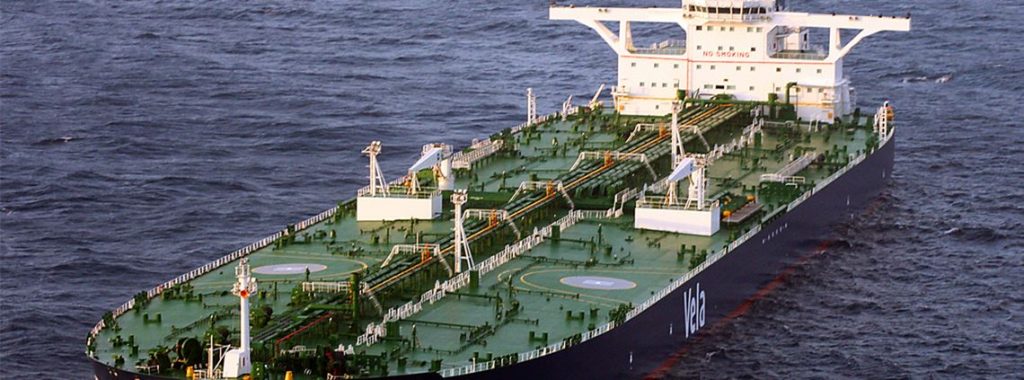Piracy concerns grow after hijacking of two oil tankers

The International Maritime Organization (IMO) has expressed “deep concern” that two attacks on oil tankers in the Gulf of Guinea mark a resurgence of piracy in the area.
IMO secretary general Kitack Lim said in a statement that he was “deeply concerned” over an attack involving the kidnapping of six crew members from the Monjasa Reformer and boarding of a second tanker, the Success 9.
Liberian-flagged oil and chemical tanker Monjasa Reformer was boarded on 25 March about 140 miles west of the Republic of Congo’s Port Pointe-Noire before the crew were kidnapped.
Another tanker, the Success 9, was hijacked on 10 April around 300 nautical miles south-southwest of Abidjan, Côte d’lvoire.
The Maritime and Port Authority of Singapore (MPA) has confirmed that the Singaporean-registered oil tanker has been boarded and said the situation was “ongoing”.
“There are 20 crew of various nationalities onboard the vessel, of which one of them is a Singapore citizen,” it said.
“Either a mothership was used to deploy a skiff, or a secondary tanker is in the vicinity to illegally offload the boarded vessel’s cargo,” Maritime security firm EOS Risk Group said in an alert.
It added that the two incidents “exemplified West African pirates’ ability to conduct piracy at great ranges from the shore”.
Lim said he appreciated the regional and international response to “this disturbing incident”.
He added: “IMO recognises the progress that has been made since 2021 in the collective efforts to combat the threat of piracy and the resulting reduction in the number of pirate attacks.
“IMO urges continued sustainable support to the important work of the regional navies and entities within the Yaoundé Architecture to protect seafarers and to the operational piracy response from the Gulf of Guinea Maritime Collaboration Forum.”
In November 2022, the UN said that the Gulf of Guinea was witnessing a steady decline in incidents of piracy and armed robbery at sea.
But it added that more needed to be done to strengthen maritime security and to tackle the root causes of piracy.
Martha Ama Akyaa Pobee, UN assistant secretary-general for Africa, said at the time that piracy incidents were declining due to concerted efforts by national authorities but cautioned further work was needed to consolidate gains.
She estimated that the threat of piracy had cost the region over $1.9bn in financial losses every year.

